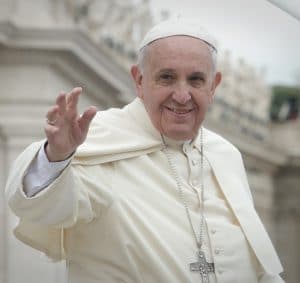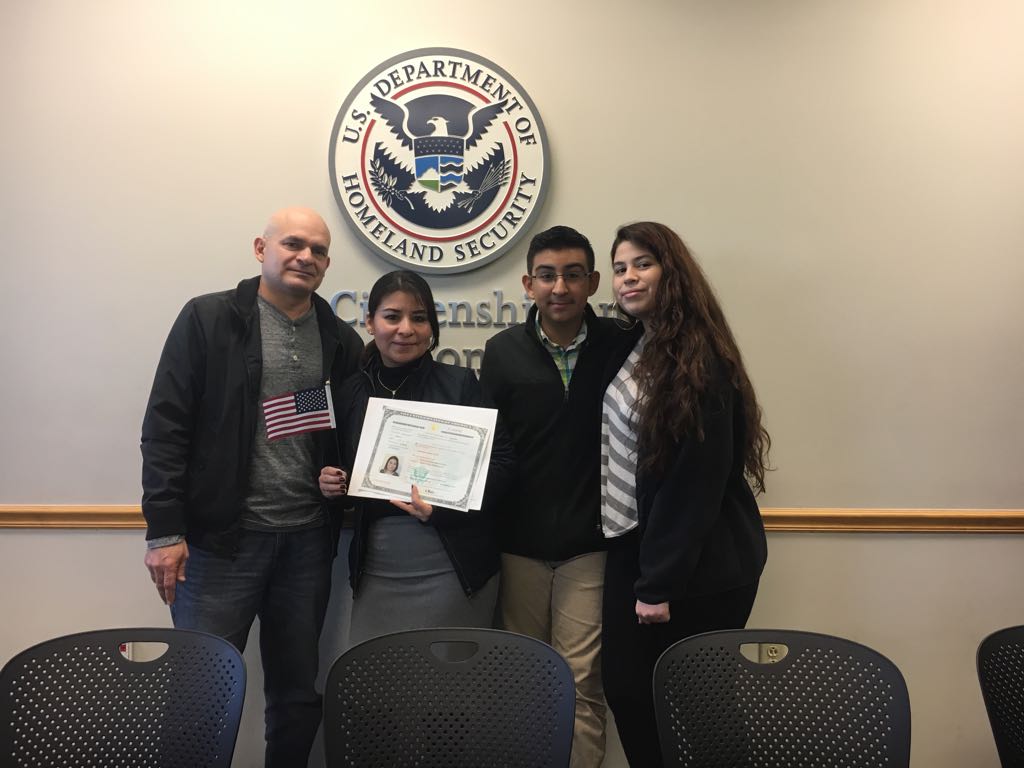By Hannah Lussier | Associate Editor
Pope Francis, one of the most socially progressive figures to ever lead the Catholic Church, has recently strengthened his already strong reputation as a champion for environmental causes by amending both the spiritual and the corporal works of mercy to include an environmental focus. The traditional seven works of mercy were born out of a passage from the Gospel of Matthew in the Bible and have not been changed since the 1500s, making the pope’s change a pivotal moment for the Catholic faith. With the addition of care for the Earth as a work of mercy, the pope sustains his environmental push from his 2015 encyclical into the foreseeable future.
In a speech on September 1, World Day of Prayer for the Care of Creation, the pope explained his change to the works of mercy and called for all devoted members of the Catholic faith to repent their sins against the environment in recognition of their role as stewards of the Earth. He said it is necessary for Catholics to “thank God for the wonderful handiwork which he has entrusted in our care, and to implore his help for the protection of creation as well as his pardon for the sins committed against the world in which we live.” Pope Francis also cited the disproportionate effects of environmental problems on the poor in his point that “when we mistreat nature, we also mistreat human beings.” The pope’s environmental message carries spiritual connection to nature and social connection to justice in equal parts.
Anna Mae Mayer, the director of Salve Regina University’s Mercy Center for Spiritual Life, weighed in on the change to the works of mercy as someone who considers herself both environmentally conscious and spiritual. Mayer believes that making this difference is a wonderful idea that “comes at a critical time in the life of the planet.” She acknowledged that we live in a society that still has a lot of work to do but is “becoming more and more aware that we live on a single planet with limited resources.”
Mayer thinks it is important that Pope Francis, as someone who is in a position to effectively reach close to one billion people, was the one to have introduced the change. She said that the pope is “definitely raising consciousness” on environmental issues, especially for certain groups of Catholics who take his words very close to heart. Mayer also stated that she hopes care for the earth will be taken seriously as a work of mercy and will soon be included in religious literature so that it may be considered “just as important.”
Lastly, Mayer expressed her wish to see members of the Salve community embrace the pope’s vision by taking the time to protect and appreciate Aquidneck Island’s beauty as an area in which we are all privileged to live. She said that we “must consciously thank God for what is here.”
For more updates about Pope Francis and the works of mercy, click here.













